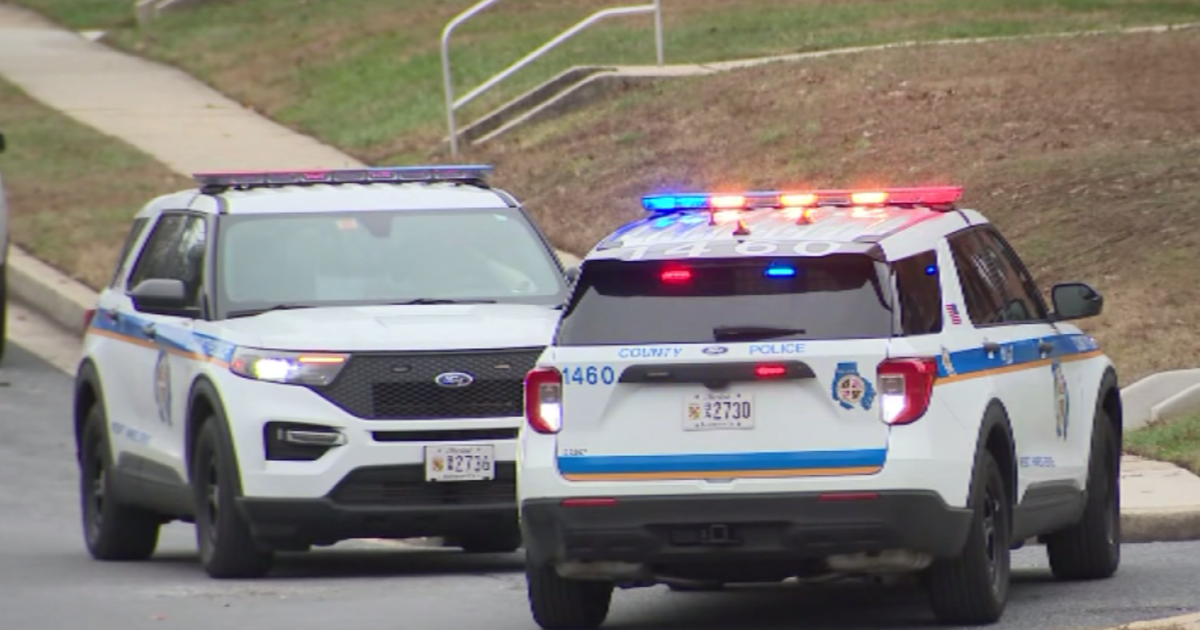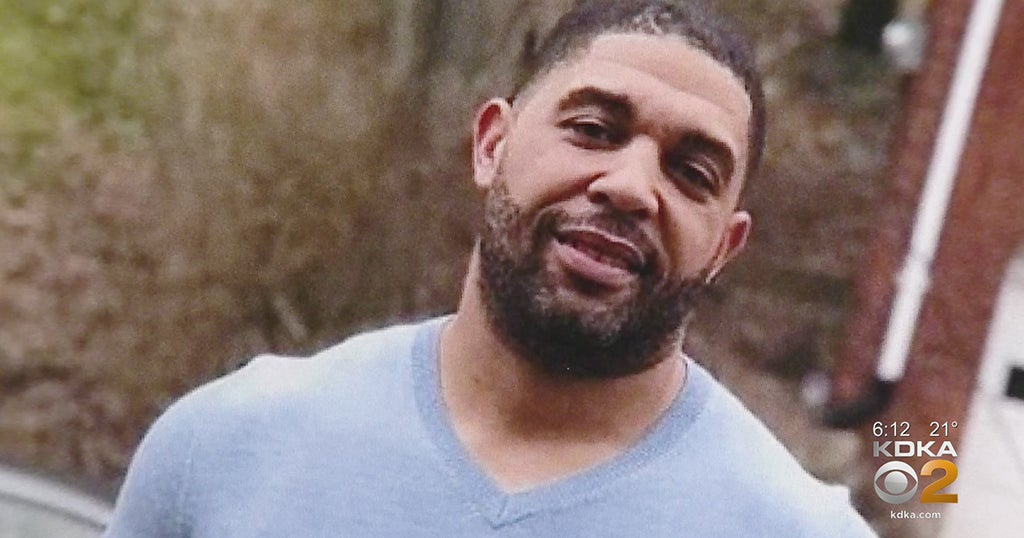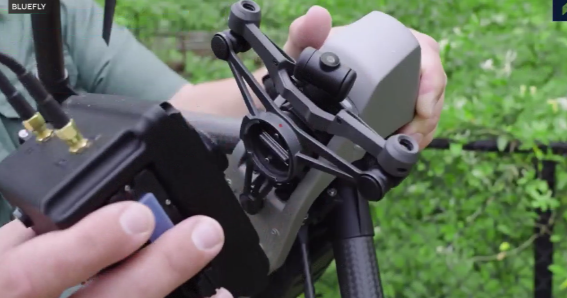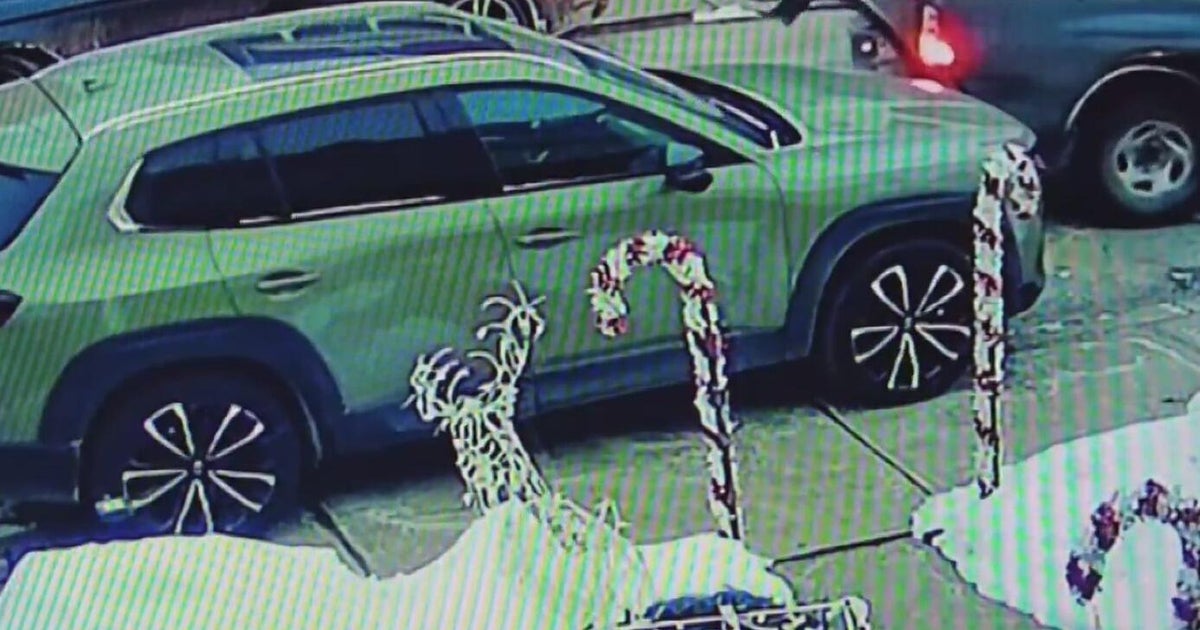The furry defenders at Maryland Fleet Week: military working dogs are a security 'force multiplier' at the annual event
WASHINGTON -- Every year during Maryland Fleet Week in Baltimore, there are multiple levels of security to keep the festivities safe. Part of that security is military working dogs.
They can detect dangerous materials and go toe-to-toe with a suspect.
WJZ's Dennis Valera got first-hand experience with how tough these dogs can be. Wearing a bite suit, he felt the strength of military working dog Ute.
Ute easily took Valera down with one of his bites, bringing him down to the ground in seconds.
Gregory Bottom, who is a dog handler and trainer for Naval District Washington Police, said these dogs add a level of security that just can't be replicated.
The dogs will be doing detection sweeps and act as standing security at certain points.
"The dog is a force multiplier for sure. Their noses are way more sensitive than ours and they're more effective than any machinery that can detect explosives," Bottom said.
Obedience is the foundation of all military working dogs' training, according to Bottom.
"They're always waiting for the next command from the handler," he said.
WJZ saw military working dog Arci go through one of the skills courses at Joint Base Anacostia-Bolling. The course is designed to keep these dogs on their toes.
Training for military working dogs is constant, keeping the dogs' skills sharp.
"These are all skills that even the best dog can get a little rusty if you leave it for too long," Bottom said. "Then, once they're good, we even work on advancing them."
Of course, part of that training is suspect apprehension. But even in those moments, it's still all about listening to the handler and making sure the dogs are trained properly.
"In case the suspect gives up or they run into traffic -- it's an unsafe condition for the dog. You don't want them to just keep chasing them. You need to be able to call them out," Bottom said. "The dog needs to be able to hear that and be able to disengage."
While obedience is the foundation, trust is also a big part of it. Bottom said all handlers form a bond with the dogs.
"You go everywhere with them and they're also your best friend. You form an attachment with them," he said. "For me, it's pretty quickly. I form a bond with all of these dogs, whichever dog I'm assigned to."
Together, forming a strong line of defense to make sure all of Fleet Week goes off without a hitch.
Take it from Valera. While walking off the field after doing bite demonstrations with Ute, he said, "I never wanna mess with any of these dogs."
Behind the Lens with Dennis Valera:







